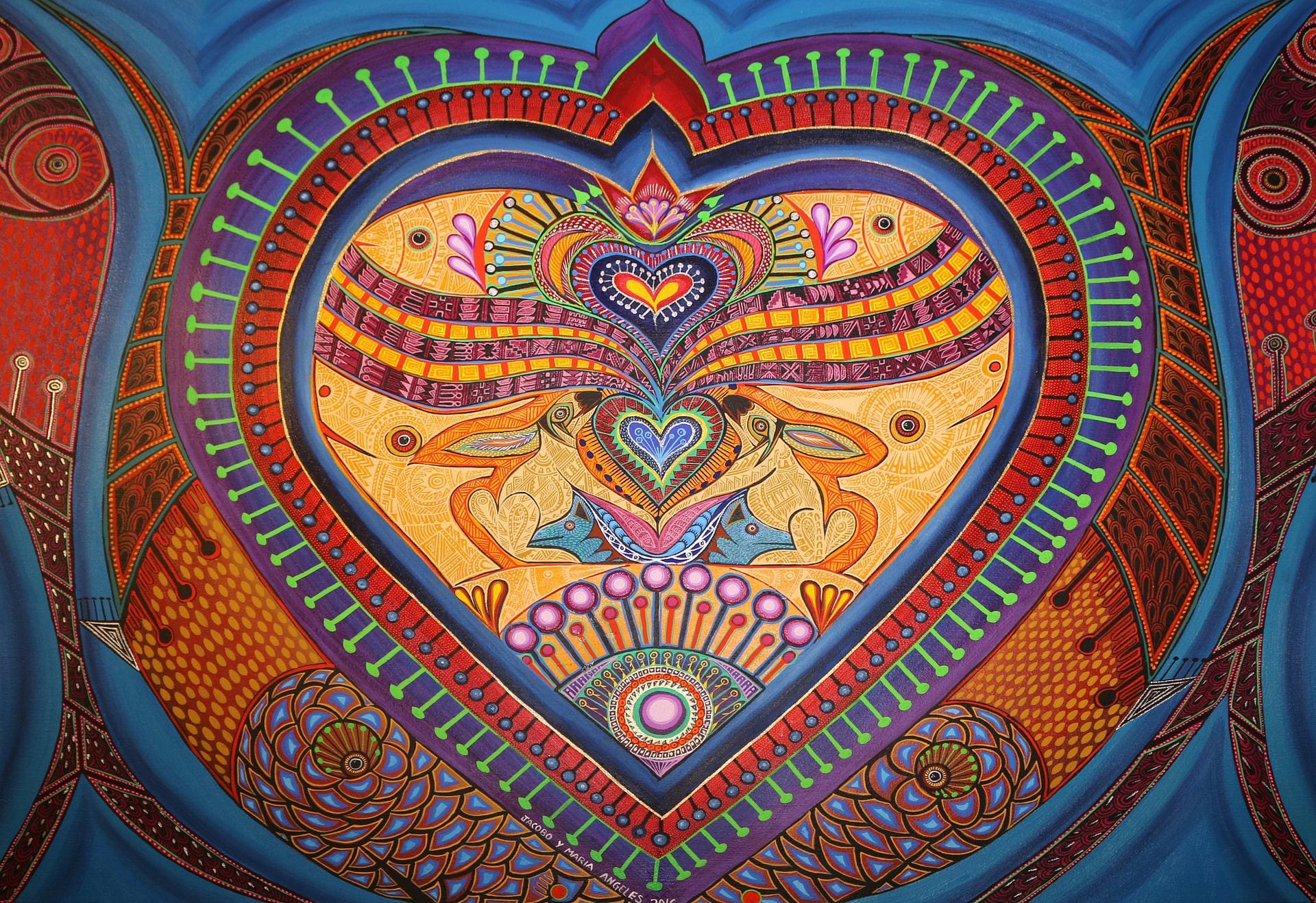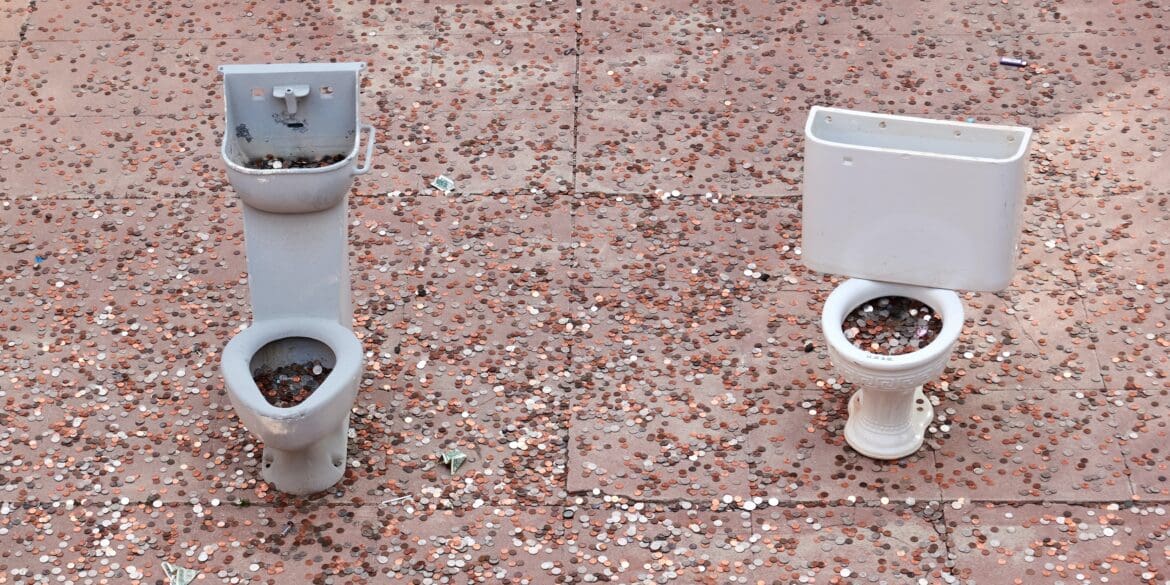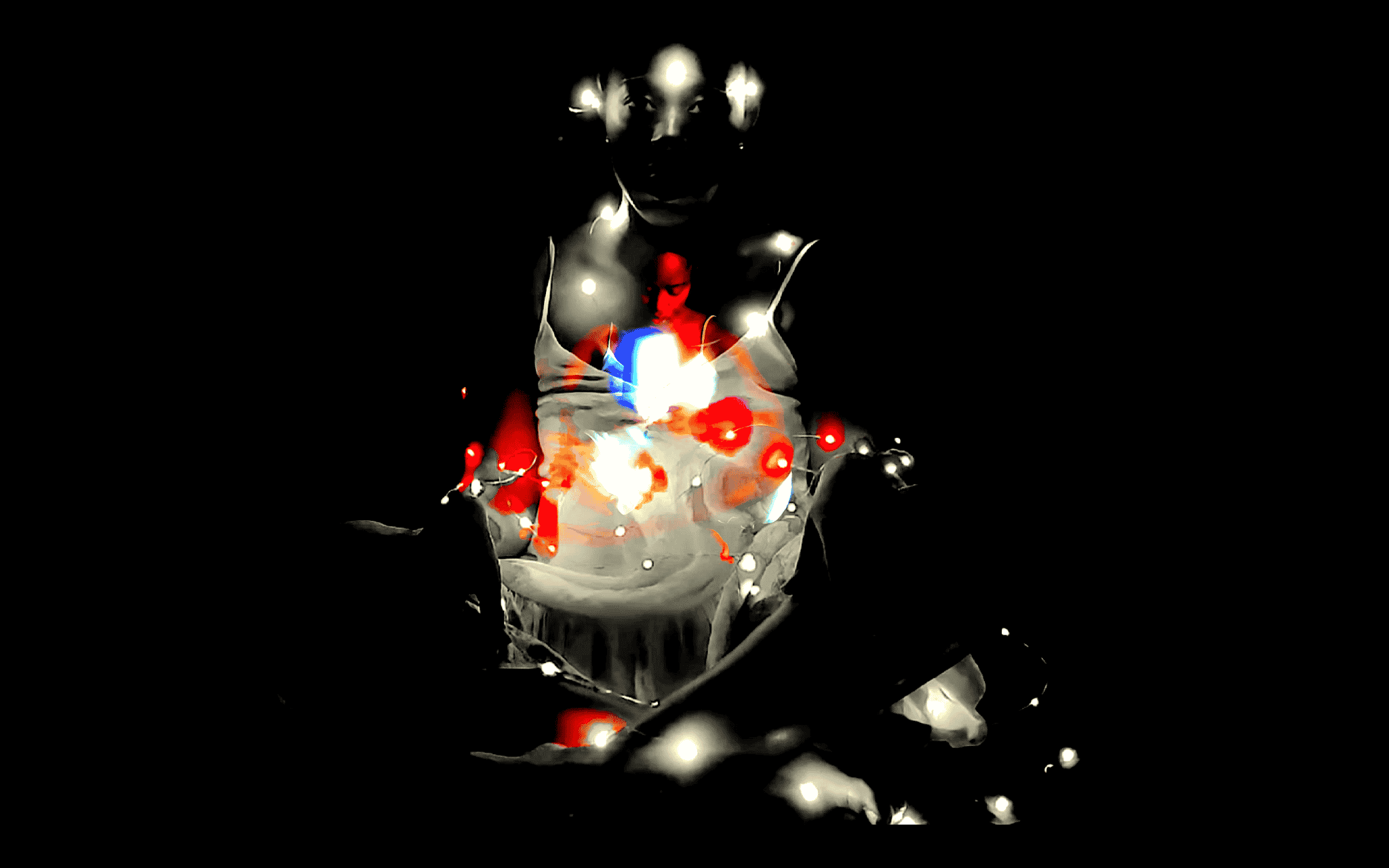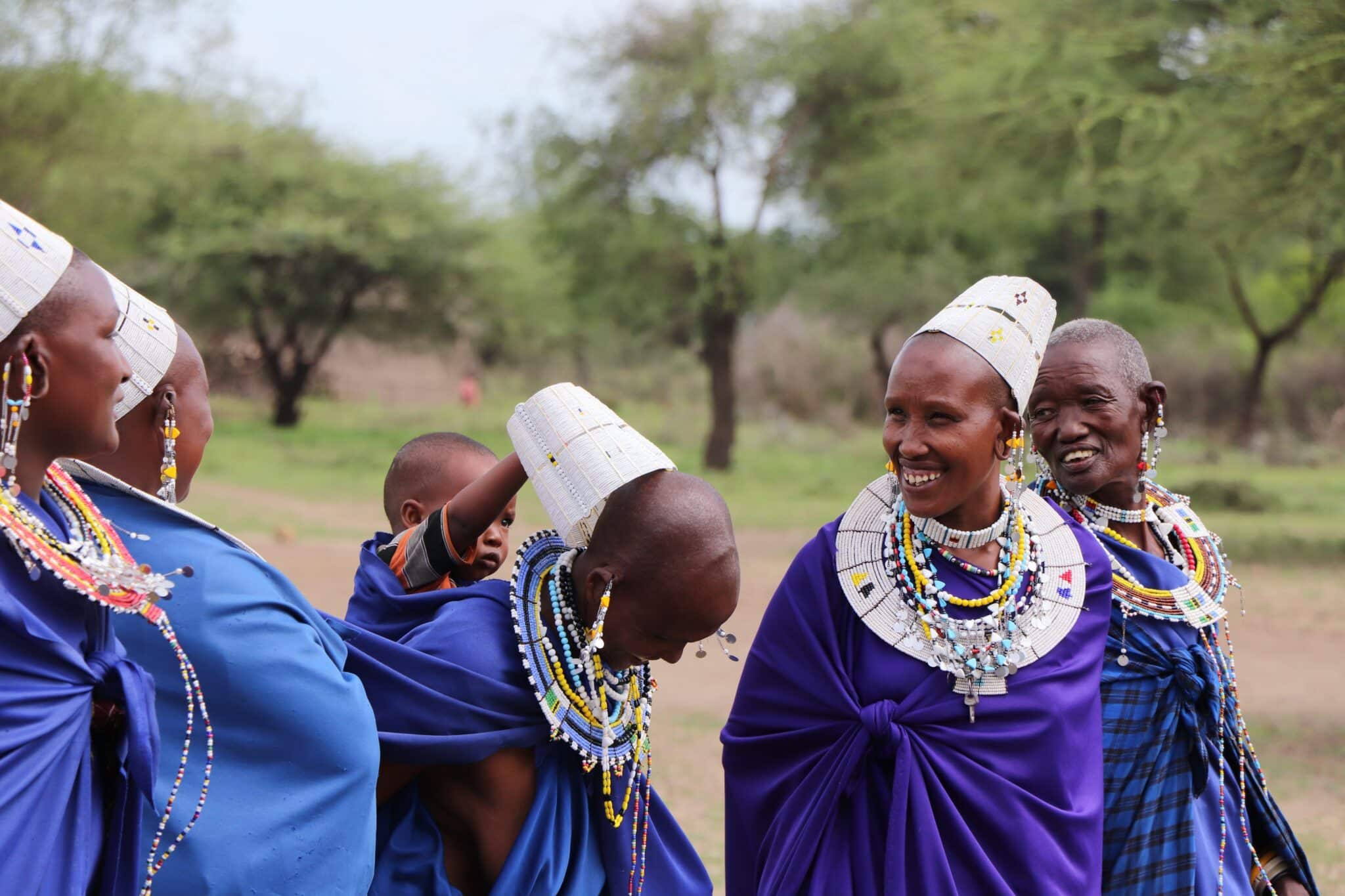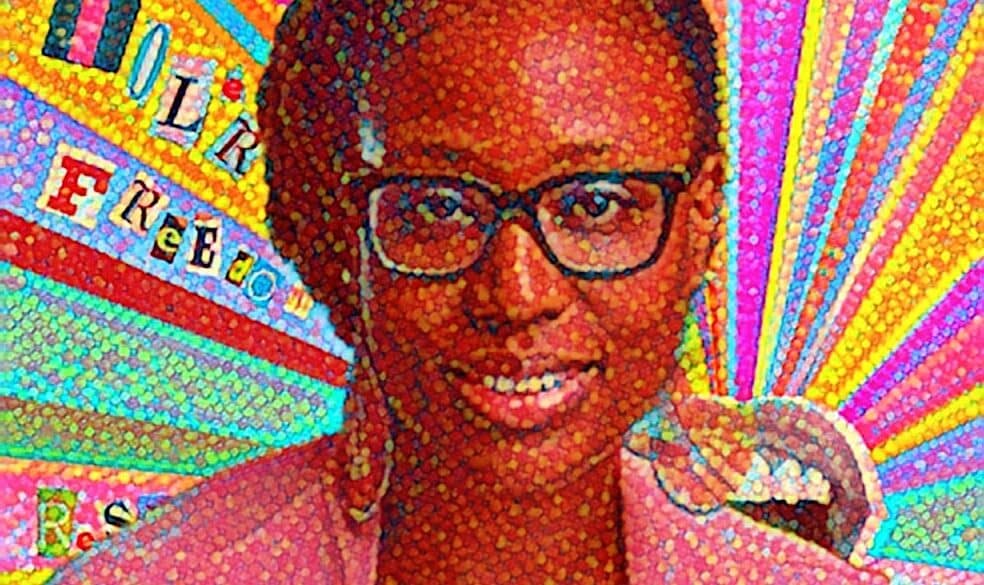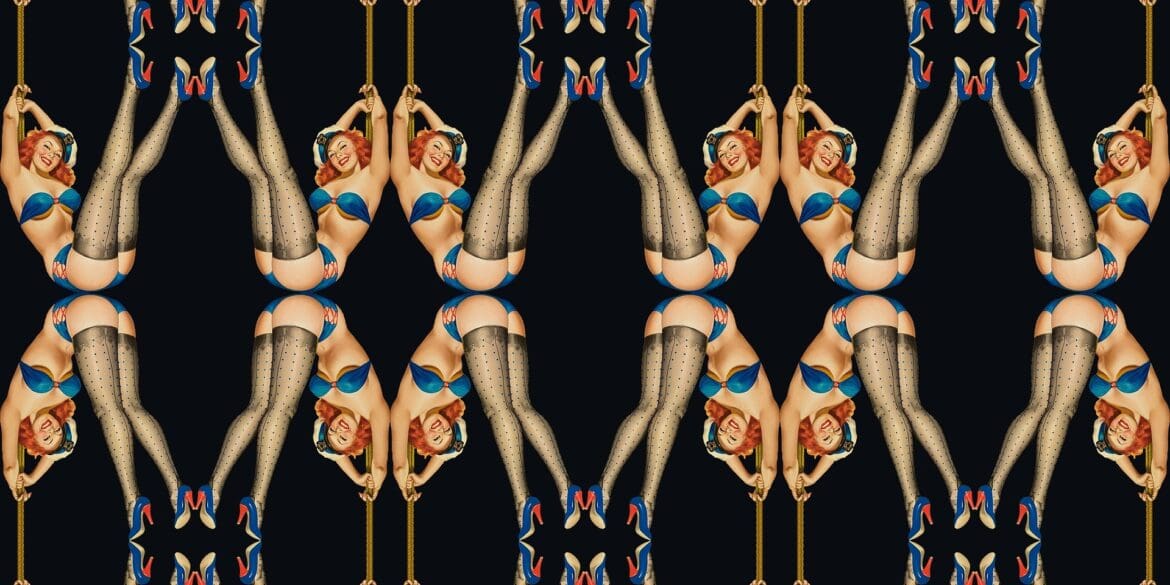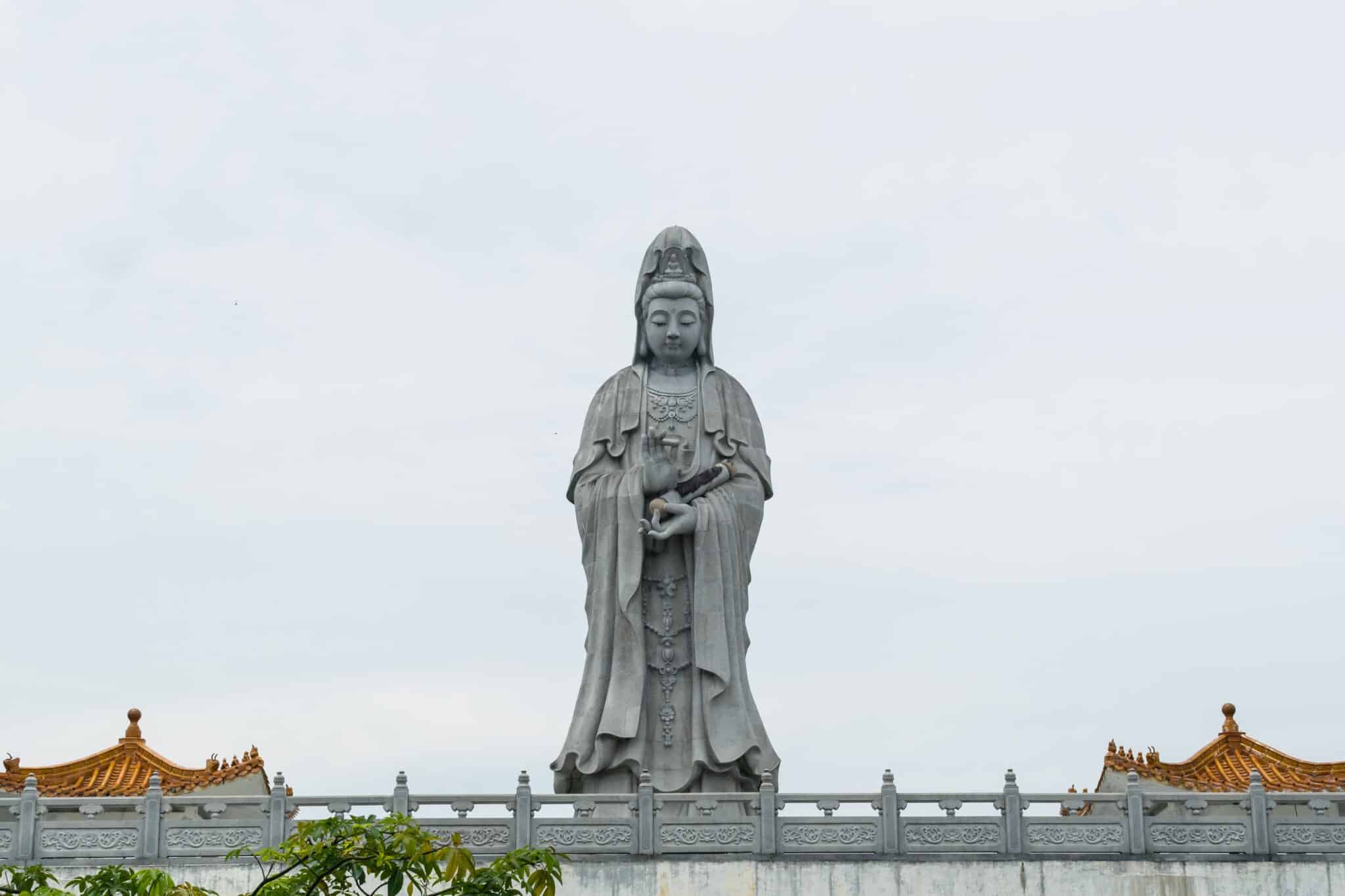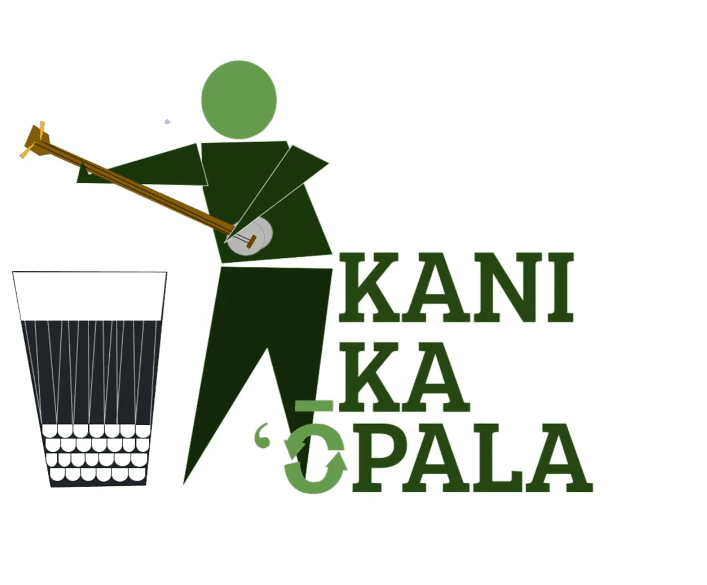"The words we use and how we say them are much more than sounds, they tell a story that gives us away, revealing a history about and behind us, a place and a people that we have come from."
"In "Becoming Multilingual," part 2 of my column, "¡Aguacate! Bringing Up Bebe Bilingüe," I use autoethnography as a writing approach to capture and represent the personal experiences of myself, a qualitative researcher, who has become the researched."
What this essay tries to capture is both the wonder and the inherent horror in potty training.
This film explores foreign EFL teacher identity construct dialectics in contemporary China, qualified by China/West geo-political tensions.
"In the newest video from The Twerking Academic, I explore how the summer of 2020 slammed me back into an awareness of my own double consciousness as a Black American."
Ethology is a highly fictionalized ethnographic account of my travels around Tanzania, East Africa during my teens.
I. Hate. Black. History. Month. And I’m hopeful, that in time, you will come to hate it too!
"First and foremost, one has to have the belief that if he builds the field, the major players are going to show up for the game. What has most surprised and moved me, however, has been the showing up. Indeed, folks have been showing up each week since the project's inception in late May."
“Manslation” explores several episodes from the author’s childhood and early adulthood that show the development of his sexual literacy.
"My poems are not entirely mine. They belong to the people and events of my passage through life. For once the dam is breached its contents flow unabridged. - Milton Carp, poet at 91"
This lighthearted essay illustrates an experience I had in Singapore while doing research for a book I was writing about spirituality.
The lyrics of "World's Greatest Man" grapple with the paradoxes of participant-observation as well as the ambiguity of development work in Thailand.



